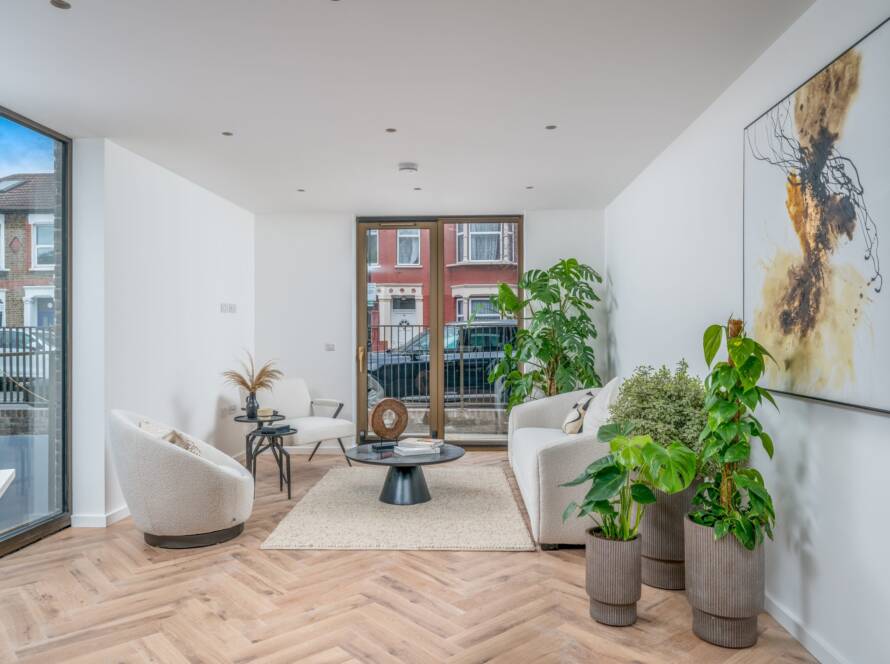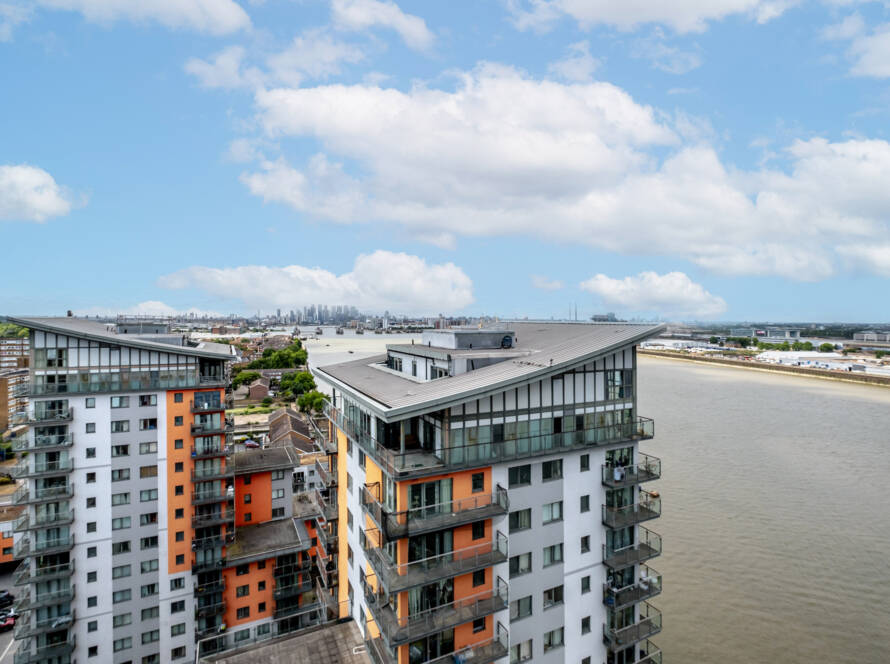As the UK faces growing pressure to deliver housing faster, reduce carbon emissions, and overcome labor shortages, modular construction is emerging as a game-changer. From London to Manchester, developers are turning to offsite building methods to meet demand efficiently and sustainably.
🎯 Trend Focus: Offsite Construction & Housing Delivery Targets
With the government aiming to build 300,000 new homes per year by 2030 , traditional building methods are struggling to keep up. Enter modular construction — a process where building components are manufactured offsite in controlled factory conditions and then assembled on location.
This method not only speeds up delivery but also improves quality control, reduces waste, and enhances safety — making it a top trend in UK construction 2025 .
🏗️ How Modular Construction Works
Modular builds follow a streamlined process:
- Design Phase : Architects and engineers create detailed digital models.
- Factory Production : Wall panels, floors, and entire room modules are built simultaneously with site preparation.
- Transport & Assembly : Modules are transported and craned into place.
- Finishing Touches : Final plumbing, electrical, and internal fittings are completed on-site.
Projects like Barking Riverside’s modular housing scheme and Buckinghamshire’s modular school buildings highlight the scalability and efficiency of this approach.
💡 Benefits of Modular Construction
- Faster Build Times : Up to 50% quicker than traditional builds
- Cost Efficiency : Reduced labor costs and minimized material waste
- Higher Quality : Factory-controlled environments ensure precision
- Sustainability : Less on-site disruption and improved energy performance
- Safer Workplaces : Fewer workers on hazardous sites lowers accident rates
📚 Case Study: Ilford Primary School Rebuild
One of the most talked-about examples is the Ilford Primary School rebuild , where 93% of the structure was built using modular techniques. Completed in just 12 weeks , the project demonstrated how schools can be upgraded quickly without compromising quality or safety.
💰 Cost vs Long-Term Value
While initial investment in modular builds may match or slightly exceed traditional costs, long-term savings from energy-efficient materials , reduced maintenance, and faster occupancy make it a smart financial move — especially for social housing and commercial developments.
🌱 R&D Workforce’s Role in Supporting Modern Methods of Construction (MMC)
At R&D Workforce , we support the shift toward Modern Methods of Construction (MMC) by supplying skilled professionals trained in modular assembly, logistics coordination, and factory-based build supervision.
We partner with developers and contractors to ensure smooth integration of workforce needs with offsite construction timelines, helping projects stay on schedule and within budget.
✅ Tips for Developers & Contractors
If you’re considering modular construction for your next project:
- Collaborate early with architects and manufacturers
- Invest in BIM (Building Information Modelling) for seamless planning
- Train your team in MMC best practices
- Leverage government grants for sustainable builds
🔚 Final Thoughts
Modular construction is more than a trend — it’s a transformative solution to some of the UK’s biggest housing and infrastructure challenges. As demand for faster, greener, and smarter builds continues to grow, companies like R&D Workforce are helping bridge the gap between innovation and execution.
By embracing modular construction UK , the industry is paving the way for a more efficient and sustainable future.





